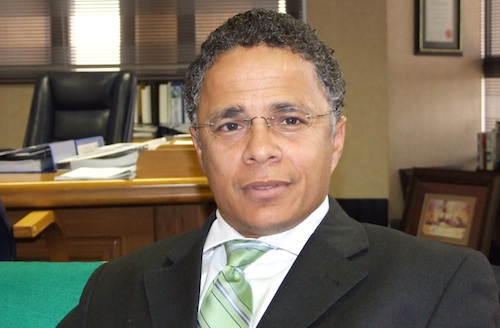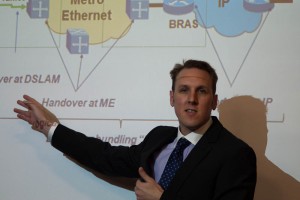
In its first response to the local loop unbundling (LLU) document published by the Independent Communications Authority of SA (Icasa) last month, Telkom has shown it is reluctant to fast-track the unbundling process.
Telkom says LLU has proven costly and complicated, even for Europeans, and that the process is far more intricate than its detractors would have consumers believe.
Telkom’s group executive for regulatory affairs, Andrew Barendse, says developed world approaches to LLU are being used as a guideline for SA, but that this is inappropriate as SA’s telecommunications industry is comparatively immature. Rather, SA should look for policy lessons from Brazil, China, Indian and Russia (the so-called Bric nations), he says.
Barendse says consumers and competitors alike must bear in mind what he calls “the three Cs” when discussing LLU. He says research into other, similar markets that have undergone LLU shows the process to be complex, costly and, in the case of SA, potentially counterproductive.

Richard Majoor, a legal representative from Telkom says LLU might lead to “suboptimal network performance. The process is complex — it’s not merely a handover of infrastructure, but it requires product management.”
Majoor reiterates Barendse’s suggestion that LLU might prove counterproductive and may not result in reduced costs for consumers as many pundits claim.
Telkom’s executive for economic regulation, Izaak Coetzee, says consumers and competitors must realise that line rental represents a loss for the company and that Telkom offers line rental below cost and cross-subsidises the shortfall via call traffic.
Coetzee says the financial impact of LLU on access providers depends on the type of LLU, the degree of cost recovery allowed and the level at which wholesale prices are set. Icasa needs to specify these variables if Telkom is to calculate accurately whether or not unbundling will benefit consumers.
He also says that there is a misconception that as the copper network is already built no further investment is required. The cost of maintaining the ageing copper network shouldn’t be underestimated and needs to be factored into LLU discussions, he adds.
Thamsanqa Kekana, Telkom’s senior legal advisor for regulatory affairs, says “Icasa claims to know more about the business of LLU than the operator”. He says Icasa claims LLU will increase broad-based penetration because Telkom’s network is underutilised, but that this is not necessarily the case.
Kekana says Telkom wants Icasa to conduct a regulatory impact assessment before imposing either LLU, or any other regulations. He adds that SA’s low fixed-line penetration rates could result in LLU having an adverse impact on jobs and future investment in network infrastructure.
“There are alternatives to LLU and Telkom is committed to work with government to achieve universal broadband access,” says Kekana. — Craig Wilson, TechCentral
- Subscribe to our free daily newsletter
- Follow us on Twitter or on Facebook




